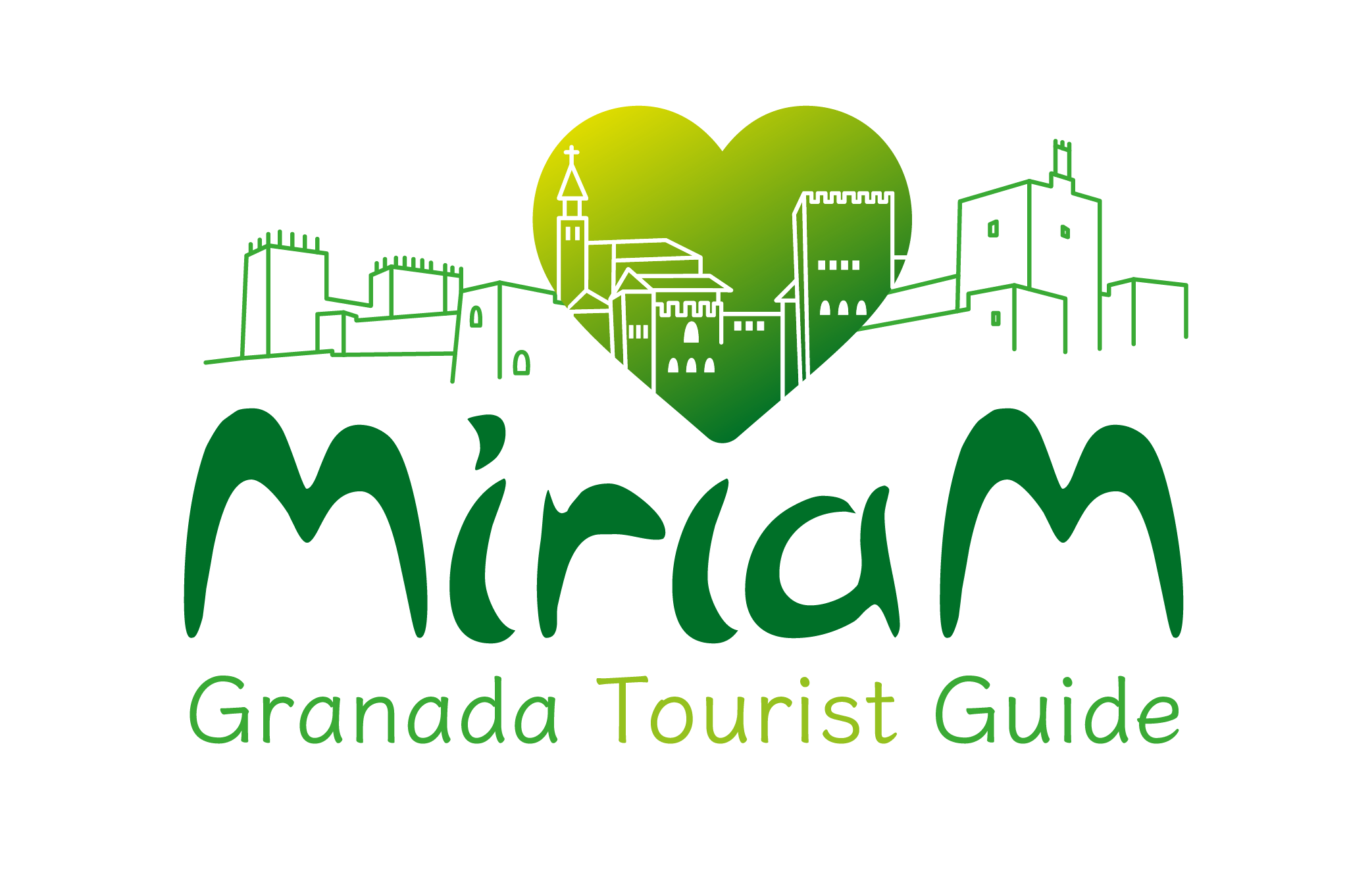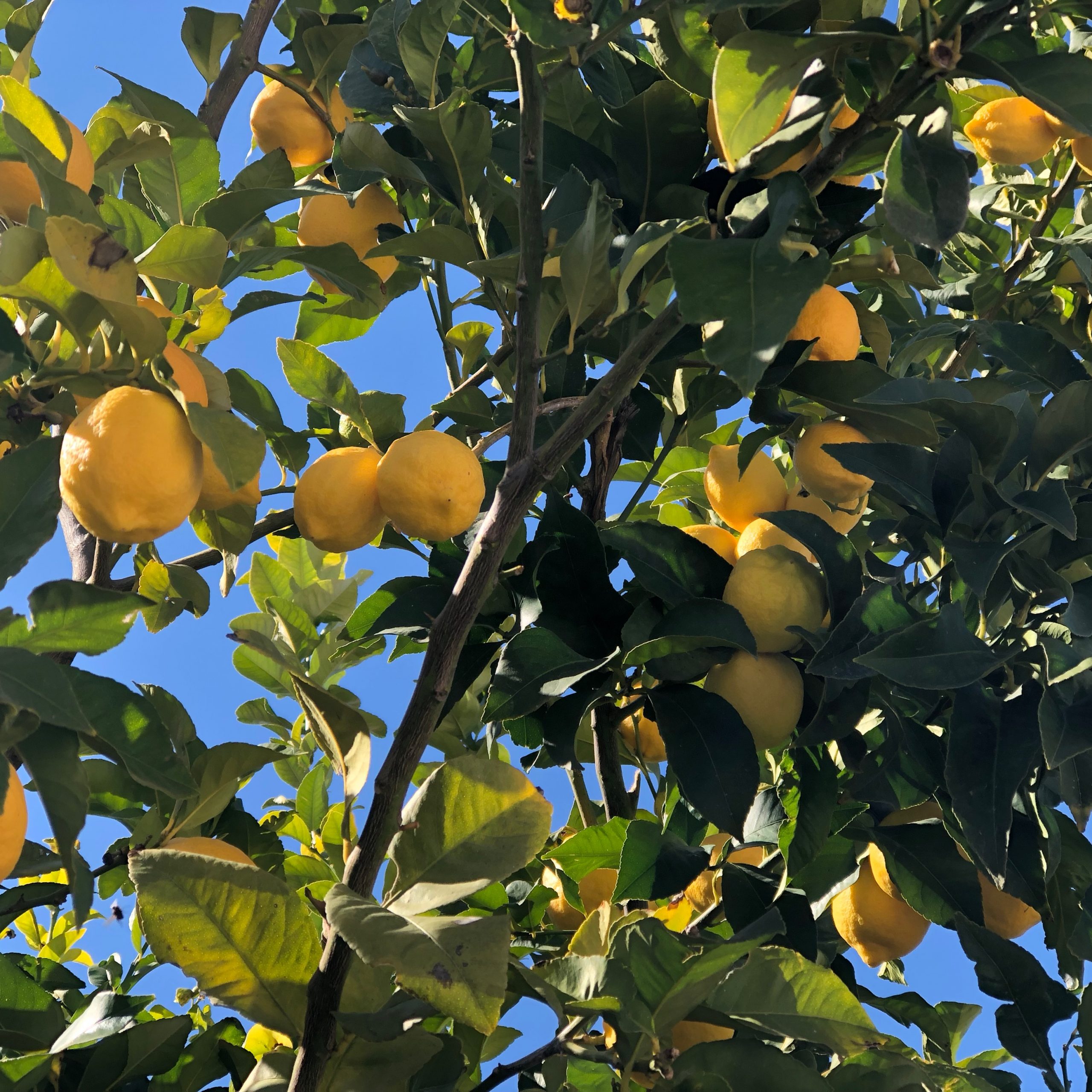The Citrus x limon is also known as the lemon tree. It is a small perennial fruit tree. Its fruit is the lemon (in Arabic, ليمون, “laimún”, from Persian “laimú” or “laimun”). It is a sour and extremely fragrant edible fruit that is mainly used in food.
Although it is said that its origin is unknown, some say the lemon’s history began in Assam, a region located to the northeast of India where it has been cultivated for more than 2500 years. Arab traders brought the lemon to the Middle East and Africa around 100 A.D. It is believed to have entered southern Italy around 200 A.D.
An Arab agriculture agreement in the tenth century mentions the fruit. It is believed that the first transcendent lemon crop in Europe was in the city of Genoa, half way through the 15th century. It was used for the culinary arts.
The Greeks used it to aromatize flax and protect it from moths. The first descriptions of its use for therapeutic purposes is seen in the works of Theophrastus. He is considered the founder of the Phytotherapy (the use of plants for the treatment of diseases).
As for agricultural purposes, we also know that the Hellenics grew lemon trees near the Olives to protect them from parasite attacks. Another curious fact is that Nero the Roman emperor consumed a lot of this fruit since he was paranoid about the risk of being poisoned.
Lemon Tree Medicinal Properties
The lemon has approximately 46 mg of vitamin C in 100 g of pulp. Vitamin C is associated with the production of collagen, improves scarring and contributes to the functions of the immune system.
It is also rich in vitamin A; it has a high content of citric acid, as well as minerals including potassium, phosphorus and calcium.
Lemon juice is used worldwide as a diuretic, laxative, astringent, for preventing colds, as an antiinflammatory and as an oral antiseptic. Lemons are also effective cures for dermatological conditions such as acne, boils, warts and insect bites.
Moreover, the ingestion of lemon oil, in adequate doses and with caution, improves circulation, raises the number of white blood cells, fights cellulite and produces a feeling of general wellbeing.
We appreciate the king of fruit trees for its versatility, for its health properties, as an ingredient for cooking and for its pleasant citrus odor used in perfumes. I invite you to use it every day.
On our walks through Granada you can see how it is a very common fruit in our Carmenes Granadinos in the Albaicín Neighborhood.




Comment (0)